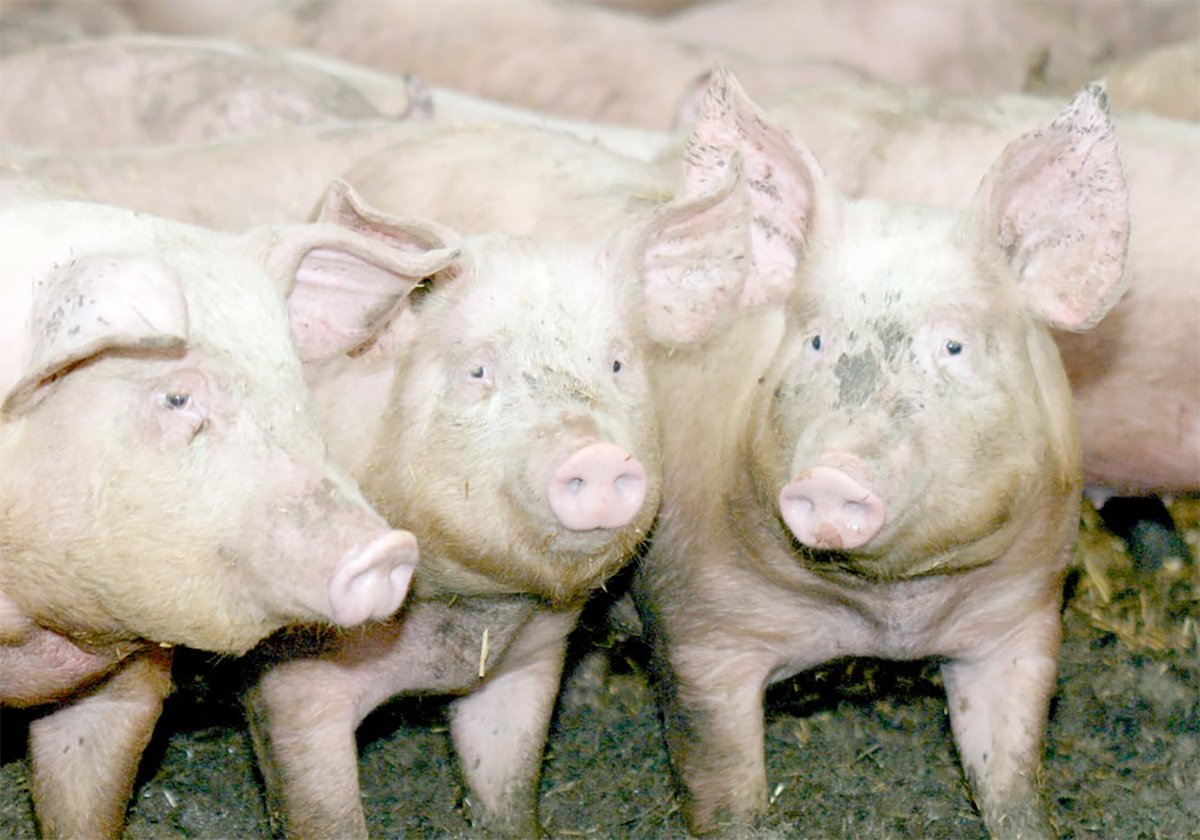FORT MACLEOD, Alta. — Aspects of the new federal livestock transportation regulations, scheduled to take effect Feb. 20, continue to concern the cattle industry.
The Canadian Cattlemen’s Association has asked Agriculture Canada to delay enforcement of the new rules for two years so the results of livestock transport research still underway can be incorporated into the plan.
The new regulations would reduce the allowed time in transport for cattle from the current 48 hours to a maximum of 36 hours that cattle could go without feed, water and rest.
Read Also

The Western Producer Livestock Report – November 13, 2025
Western Producer Livestock Report for November 13, 2025. See U.S. & Canadian hog prices, Canadian bison & lamb market data and sales insights.
Though most cattle reach destinations within 36 hours now, more extended trips could require loading and unloading of the animals somewhere en route. There are concerns about available facilities, stress on the cattle and animal health risks associated with potential commingling.
“I think 99.8 percent of the cattle arrive happy and healthy (at their destination). Can you improve that? The stress is in the loading and the unloading, not in the actual travel,” said CCA vice-president Bob Lowe, following a Nov. 4 Alberta Beef Producers meeting.
Agriculture Canada researchers Karen Schwartzkopf-Genswein in Lethbridge and Derek Haley in Guelph have undertaken a study on the effects of varied rest stop conditions during long-haul transit and a concurrent study on the outcomes of cattle related to duration of transport and rest. Results are expected in March 2022.
“Maybe when the study is finished, maybe it will show that we should have less hours (in transport), but we’ve got to wait until the science gets finished and figured out.”
Lowe said the CCA has not received a clear response to its request, likely because of delays caused by the federal election.
In his written report to the ABP, CCA president David Haywood-Farmer said the CCA had several meetings with the previous federal agriculture minister on the issue and found the department and the Canadian Food Inspection Agency willing to listen to options.
















